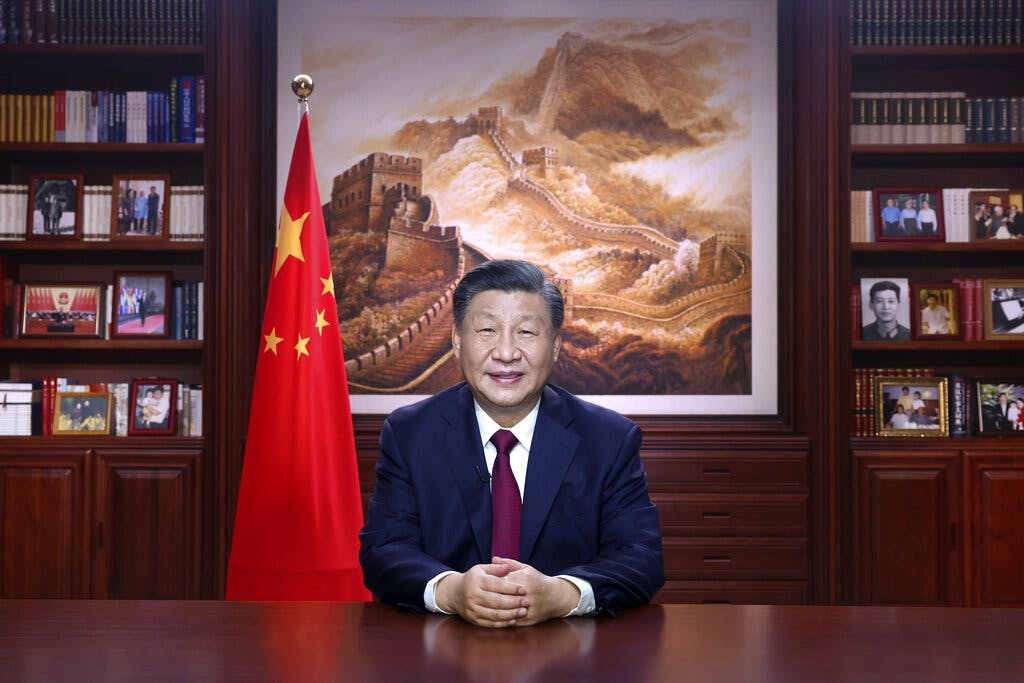
A Tale of Two Harvards
By THE NEW YORK SUN
|A sign of Wang Huning’s influence is that he retained his position on the politburo’s standing committee while two other members lost out in the party shakeup three months ago.

Already have a subscription? Sign in to continue reading
$0.01/day for 60 days
Cancel anytime
By continuing you agree to our Privacy Policy and Terms of Service.

By THE NEW YORK SUN
|
By BENNY AVNI
|
By GEORGE WILLIS
|
By THE NEW YORK SUN
|
By LUKE FUNK
|
By JOSEPH CURL
|
By NOVI ZHUKOVSKY
|
By A.R. HOFFMAN
|